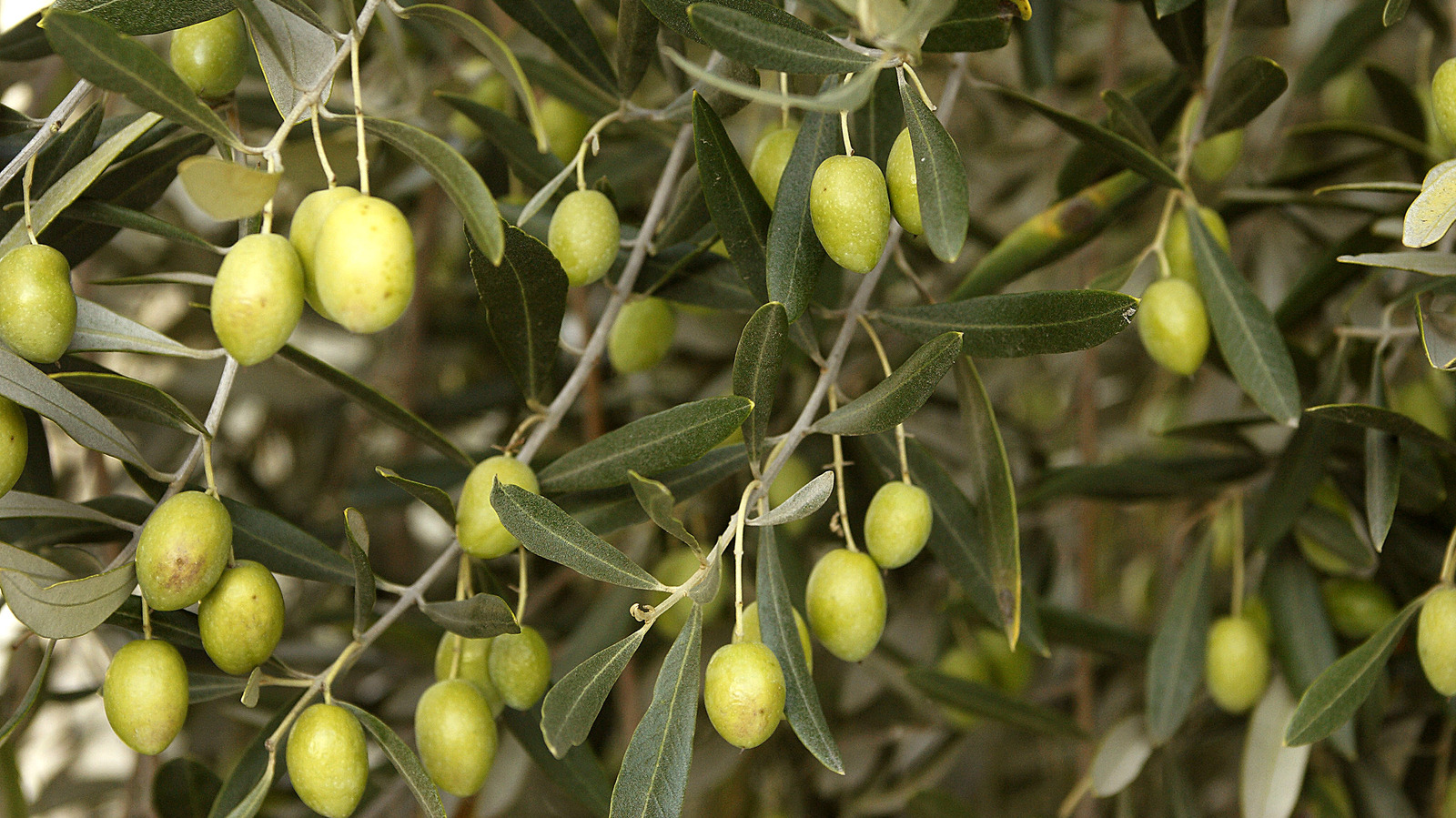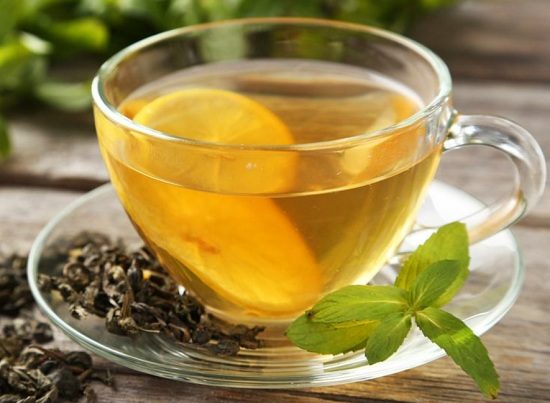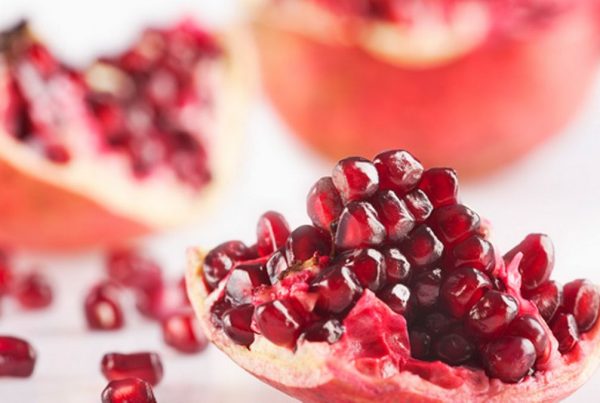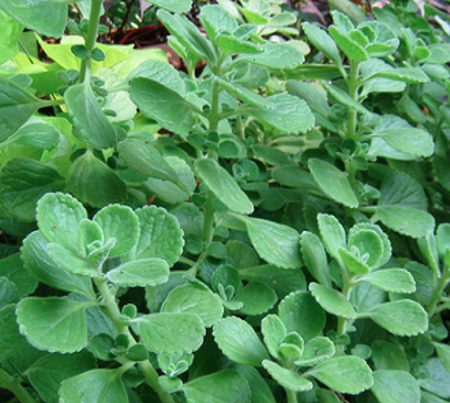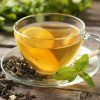Olive leaf (Olea europaea L.) from Oleaceae is rich in phenolic compounds, such as oleuropein, verbascoside, apigenin-7-glucoside, luteolin-7 glucoside, hydroxytyrosol, and tyrosol. Recent evidences have suggested cardioprotective, neuroprotective, antioxidative, and hypoglycemic activities of olive leaf extract. Among olive polyphenols, hydroxytyrosol and oleuropein have their antioxidant activities, such as scavenging oxygen and nitrogen free radicals, inhibiting LDL oxidation, and inhibiting platelet aggregation and endothelial cell activation. The European Food Safety Authority has recognized protective effects of the phenolic compounds of olive on LDL oxidation. Although oleuropein and hydroxytyrosol may exert cytotoxic and prooxidant activity at higher doses, these, in turn, are responsible for their anti-proliferative properties on several cancer cells. In addition, a recent clinical trial shows that daily supplementation of olive leaf extract could reduce blood pressure, plasma lipids and inflammatory markers in prehypertensive male patients. An experiment was conducted to compare the effects of long-term consumption of olive leaf tea (OLT) and green tea (GT) on hematological parameters. It was found that RBC count, hemoglobin, and hematocrit were increased significantly in the OLT group than those in the GT group at 6 and 12 weeks of intervention. Within-group comparison showed that hematocrit was significantly increased in the OLT group at 6 weeks of intervention, whereas RBC count and serum iron was significantly decreased in the GT group at 12 weeks of intervention. This is the first clinical study reporting the beneficial effects of continuous intake of OLT on hematological parameters.
Blog
